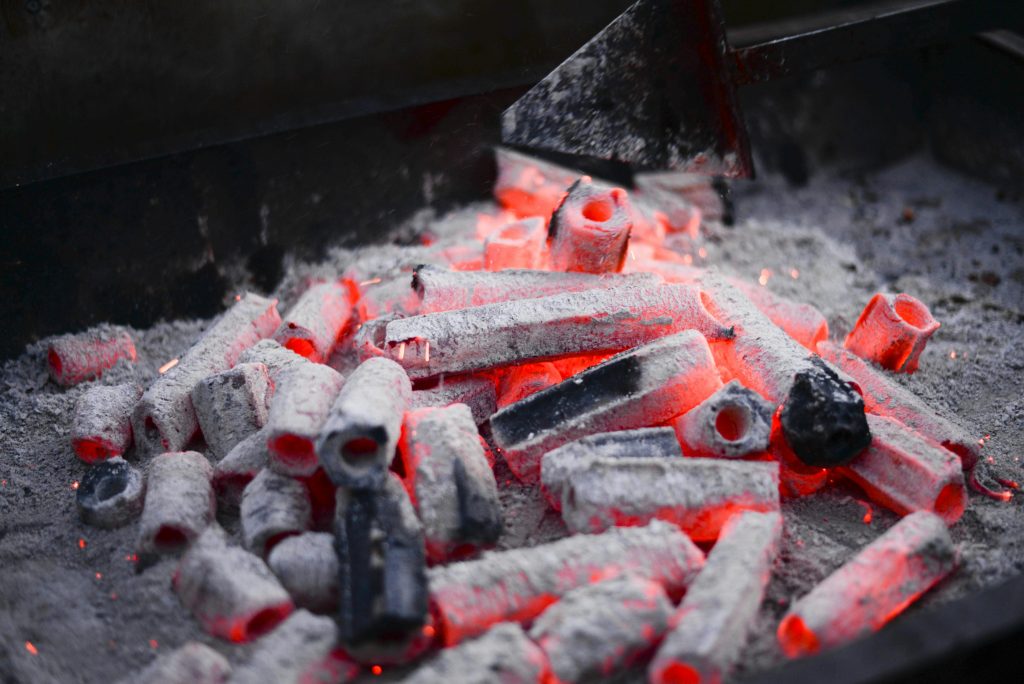
The Health Benefits of Using Coconut Charcoal Briquettes
Choosing the right charcoal for cooking is essential not only for achieving great taste but also for ensuring health and safety. Coconut charcoal briquettes offer numerous health benefits over traditional charcoal, making them an excellent choice for health-conscious consumers. This article explores the various health advantages of using coconut charcoal briquettes for cooking, grilling, and other applications.
What Are Coconut Charcoal Briquettes?
Coconut charcoal briquettes are made from carbonized coconut shells. The shells are processed at high temperatures to produce charcoal, which is then ground into a fine powder, mixed with natural binders, and formed into briquettes. This process ensures that the briquettes are uniform in size and shape, providing consistent performance.
Health Benefits of Coconut Charcoal Briquettes
1. Reduced Smoke and Carcinogens: One of the primary health benefits of using coconut charcoal briquettes is their low smoke production. Traditional charcoal can release high levels of smoke and carcinogens, which can be harmful when inhaled. Coconut charcoal briquettes, on the other hand, produce minimal smoke, reducing exposure to harmful substances and making them a healthier option for grilling and cooking.
2. Absence of Harmful Chemicals: Coconut charcoal briquettes are made from 100% natural coconut shells and do not contain any chemical additives or fillers. This ensures that there are no harmful chemicals released during the burning process, making your food safer to consume.
3. Natural Detoxification Properties: Coconut charcoal is known for its natural detoxification properties. It is often used in air and water purification systems to remove toxins and impurities. When used for grilling, coconut charcoal briquettes can help create a cleaner cooking environment, reducing the risk of contaminants affecting your food.
4. Improved Air Quality: The low smoke and odor production of coconut charcoal briquettes contribute to improved air quality, both indoors and outdoors. This makes them ideal for use in enclosed spaces or urban environments where air quality is a concern.
5. Hypoallergenic: Because coconut charcoal briquettes do not contain any chemicals or additives, they are less likely to cause allergic reactions compared to traditional charcoal. This makes them a safer option for individuals with respiratory issues or sensitivities to smoke and odors.
Comparing Coconut Charcoal to Other Charcoals
1. Health Risks of Traditional Charcoal: Traditional charcoal, especially those that contain chemical additives, can release toxic fumes and carcinogens when burned. These chemicals can be harmful to both health and the environment. In contrast, coconut charcoal briquettes are free from these harmful substances.
2. Benefits of Choosing Coconut Charcoal:
- Clean Burning: Produces minimal smoke and ash, reducing health risks associated with inhaling fumes.
- Natural Ingredients: Made from renewable coconut shells without chemical additives.
- Eco-Friendly: Supports sustainable practices and reduces environmental impact.
Using Coconut Charcoal for Healthy Cooking
1. Tips for Minimizing Smoke:
- Preheat Properly: Ensure that the briquettes are fully ignited and covered in white ash before placing food on the grill. This reduces smoke production.
- Avoid Lighter Fluids: Use a charcoal chimney starter or natural fire starters to light the briquettes, avoiding the use of lighter fluids that can release harmful chemicals.
2. Best Practices for Safe Grilling:
- Maintain Proper Ventilation: If grilling indoors, ensure that the area is well-ventilated to disperse any smoke.
- Monitor Cooking Temperatures: Use a grill thermometer to maintain appropriate cooking temperatures and avoid burning food.
Environmental Health Benefits
1. Sustainable Production: Coconut charcoal briquettes are made from renewable coconut shells, which are a byproduct of the coconut industry. This reduces waste and promotes sustainable resource use.
2. Reduced Pollution: The production process for coconut charcoal briquettes generates fewer carbon emissions compared to traditional charcoal production methods, contributing to a lower overall carbon footprint.
3. Positive Impact on Local Communities: By supporting coconut charcoal production, consumers help create jobs and support local economies in coconut-producing regions. This can lead to improved living conditions and greater economic stability for communities.
Conclusion
Coconut charcoal briquettes offer numerous health benefits, making them an excellent choice for health-conscious consumers. Their reduced smoke and carcinogen production, absence of harmful chemicals, and natural detoxification properties make them a safer option for grilling and cooking. Additionally, their environmental health benefits, including sustainable production and reduced pollution, further enhance their appeal. By choosing coconut charcoal briquettes, you can enjoy delicious and safe meals while supporting a healthier environment.

